For Whom the Gongs Toll
- By Peter Harmsen
- 4 May, 2014
- 1 Comment
Hemingway and China. It’s not two words that are placed alongside each other very often, and for good reason. The iconic American writer had very little interest in the Middle … Continue Reading →
War Poems
- By Peter Harmsen
- 28 April, 2014
- No Comments
To express the essence of the 1937 Nanjing Massacre in 104 poems—that is the mission which Honolulu businessman and writer Wing Tek Lum embarks upon in a recent collection of poetry. He succeeds marvellously. The … Continue Reading →
Door Gods
- By Peter Harmsen
- 23 April, 2014
- No Comments
“This American pilot is kicking the Japanese out of the skies over China. Help him.” That’s the simple message of the poster to the left. The image, showing an American … Continue Reading →
Battle On The Great Wall, In Scale 1/6
- By Peter Harmsen
- 20 April, 2014
- No Comments
In 1933, Chinese and Japanese soldiers clashed in the area around the Great Wall. It was among the most vicious confrontations prior to the outbreak of full-scale war between the … Continue Reading →
‘It’s All One War’
- By Peter Harmsen
- 17 April, 2014
- No Comments
The poster above is of British origin, and with the Chinese soldier placed at the center it is clearly meant to signal that the United Kingdom considers the Chinese contribution to … Continue Reading →
Shattering the Myth
- By Peter Harmsen
- 6 April, 2014
- No Comments
On April 7, 1938, the city of Hankou in central China “turned into a bedlam as thousands of firecrackers were exploded and newsboys tore about the streets shouting at the … Continue Reading →
Last Flight of the ‘Jaunty Jo’
- By Peter Harmsen
- 30 March, 2014
- 5 Comments
On May 26, 1945, sixteen B-25J Mitchell bombers took off from their base in the Philippines, headed for Taiwan. They were from the 498th Bomb Squadron, part of the 5th … Continue Reading →
An Unlikely Encounter
- By Peter Harmsen
- 24 March, 2014
- No Comments
Shanghai, 1945: Roy Matsumoto, a 32-year-old linguist in the US Army, is on a mission to interrogate Japanese prisoners of the war that has just ended. Defying the laws of … Continue Reading →
China’s Muslim General
- By Peter Harmsen
- 21 March, 2014
- No Comments
With his kind smile, it would be easy to confuse Bai Chongxi with a Buddhist cleric, detached from the worries of this world. That was one of the first thoughts … Continue Reading →
The Camera as a Weapon
- By Peter Harmsen
- 15 March, 2014
- No Comments
When the Japanese army marched into the Chinese capital Nanjing in December 1937, only a small number of foreign residents had stayed behind. One of them was John Gillespie Magee, an … Continue Reading →
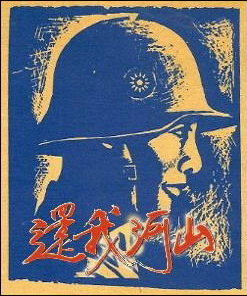
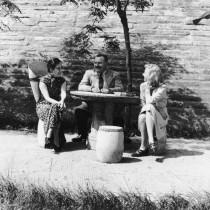
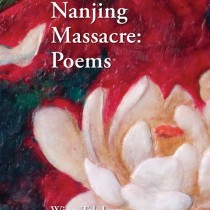
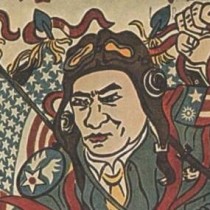
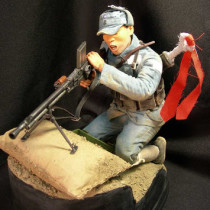
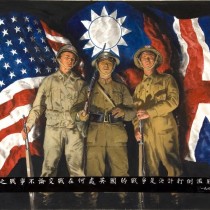
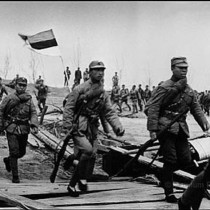
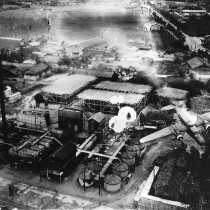
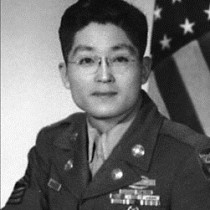
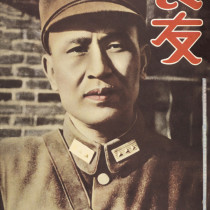
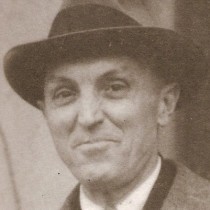


 Copyright © 2025
Copyright © 2025